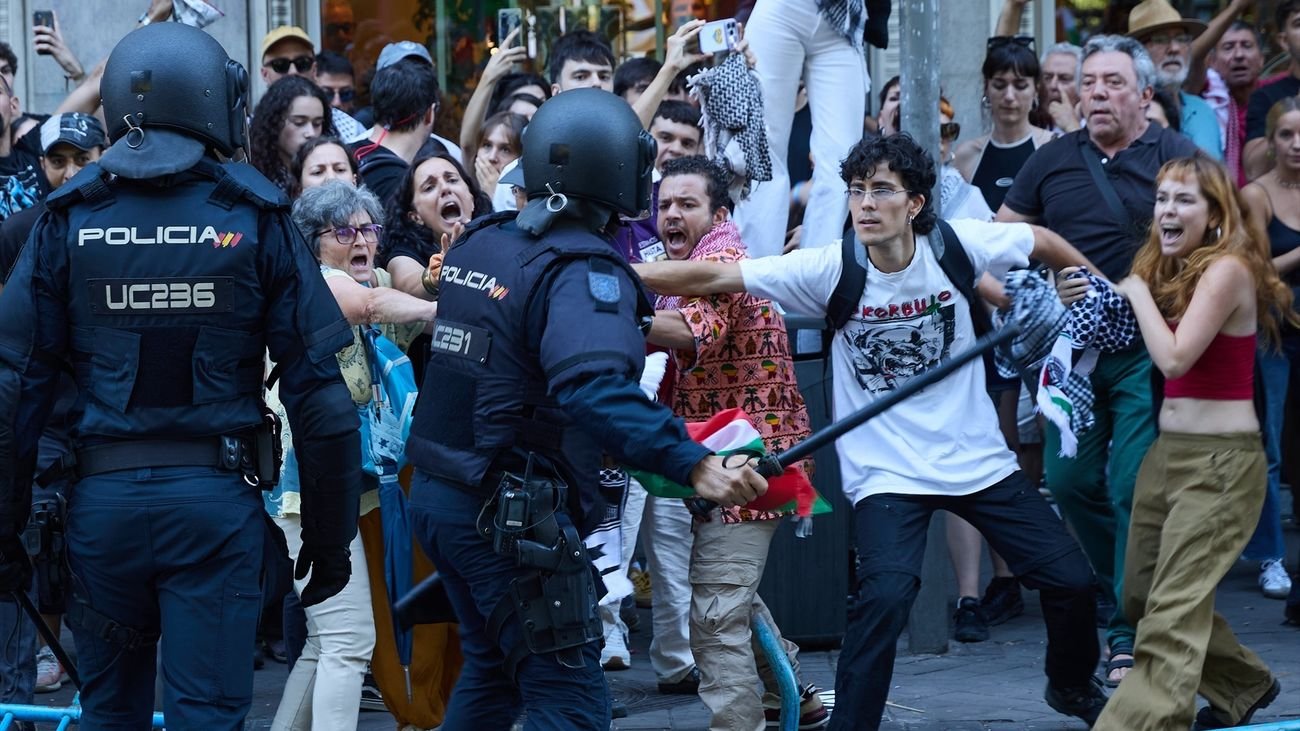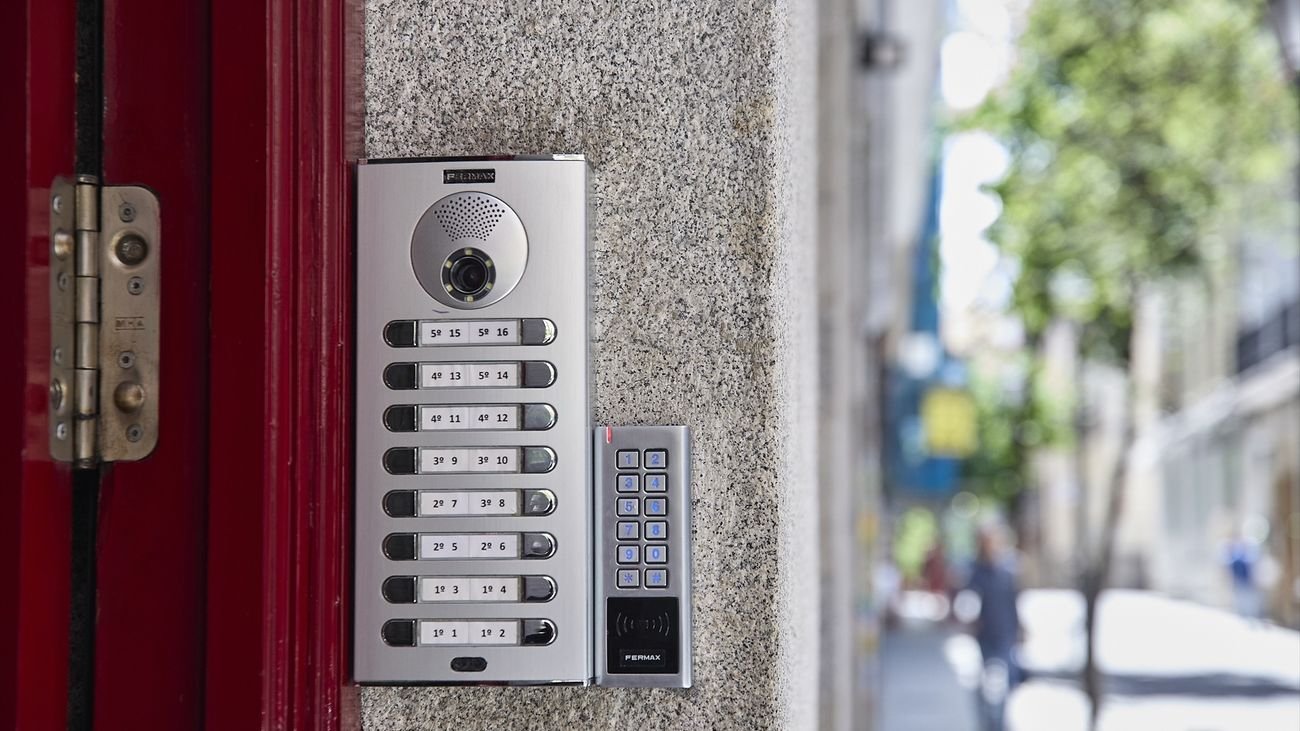
Díaz Ayuso emphasized that this system interacts with minors autonomously and works as an assistant to therapists, multiplying the work of «these great professionals» and helping those who have learning difficulties, facilitating teamwork with exercise sessions to improve their motor skills or cognitive abilities.
Díaz Ayuso reviewed its operation during her visit to the private school in the capital, specialized in the integration of students with special needs and collaboration in the implementation of this program, at its Vallecas Social Care Center. In total, 30 children between the ages of four and ten benefit from this initiative developed by the Madrid-based startup inRobics, which offers personalized exercises to stimulate development, especially in maturation processes.
During the demonstration, a group of students carried out an activity based on the imitation of robic movements, a humanoid device specially designed and programmed to interact and work on aspects such as oral and body expression, psychomotor skills, and self-awareness. They were also able to ask questions to strengthen language and socialization.
Thanks to this innovative method, a girl with ASD from this school, with significant speech difficulties, began to show communicative skills after establishing contact with the robot.
It is a tele-trivial system, attended by the Ministry of Digitization, based on scientific evidence whose objective is to support therapists to ensure that children are engaged in treatments while facilitating monitoring and continuity of activity in families’ homes. Its use is indicated both in schools and in social care centers.
Operation Robina
Robic uses devices like 3D and other sensors to obtain the physiological variables of each user, and based on this information, interventions are designed, and the most suitable activities are prescribed in the program’s catalog itself.
Through the robots, an interaction routine is created for physical and cognitive stimulation that leads to improved patient motivation and optimization of professionals’ time. According to the therapeutic game, aspects such as concentration are trained, deepening motivation through the use of positive reinforcement and minor monitors, who can also continue with clinical exercises at home, thanks to a virtual avatar.
The program also has an advanced results evaluation system to analyze data and verify the performance and progress of each person, which can optimize their rehabilitation plan. This initiative includes training both workers and families and organizing treatment sessions aimed at users and tutors to familiarize them with the technology.
A Growing Discipline
Social Robotics is a rapidly growing discipline that focuses on using this innovative methodology to connect it in a guided way with patients such as physical or cognitive recovery, special education for children with autism, or elderly individuals in need of assistance.
The experiences conducted so far have shown that this type of technology helps improve stimulation and participation in therapies, favors daily routines, influences motor learning, and the brain’s ability to form new neural connections, promoting a positive attitude towards effort and frustration.


